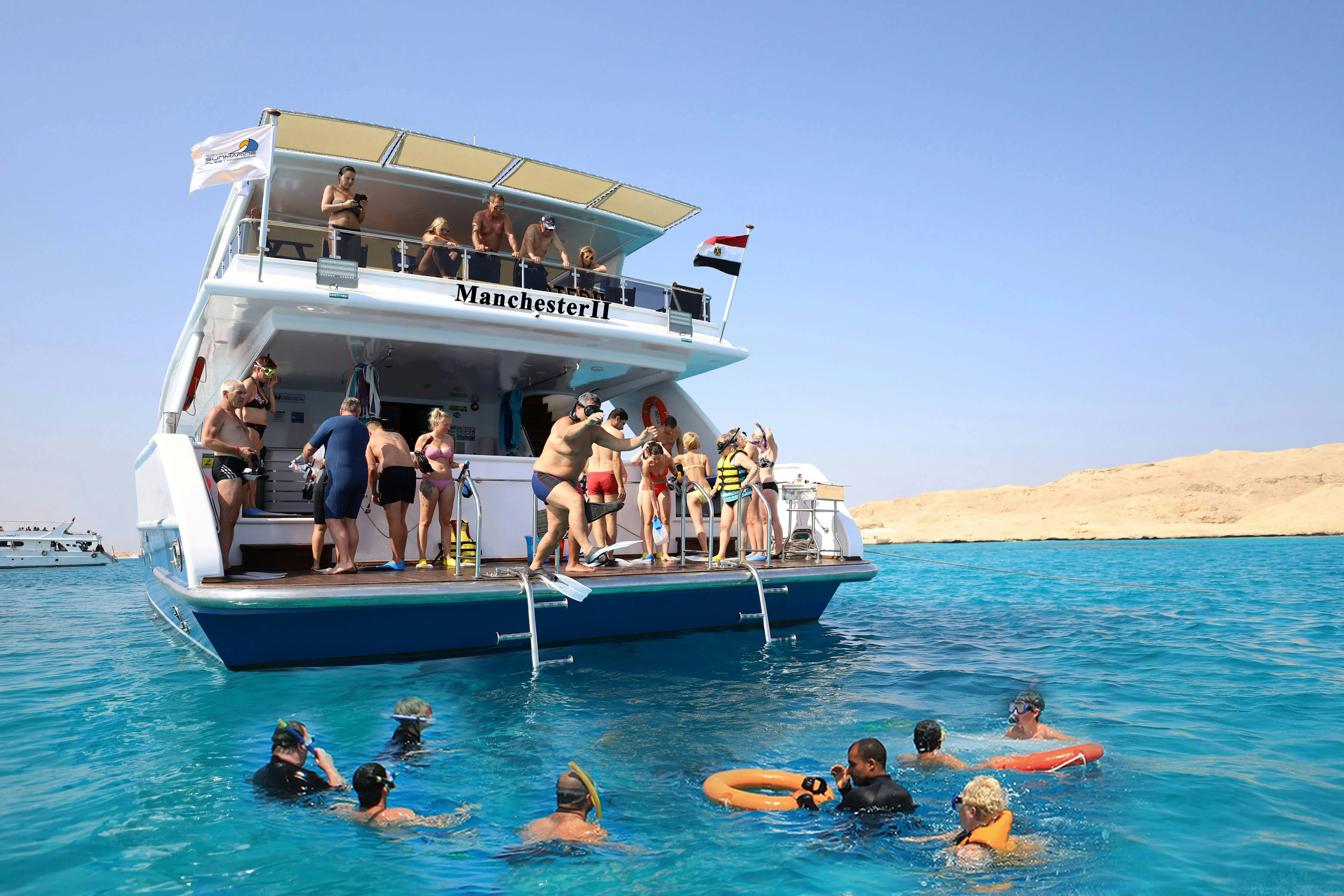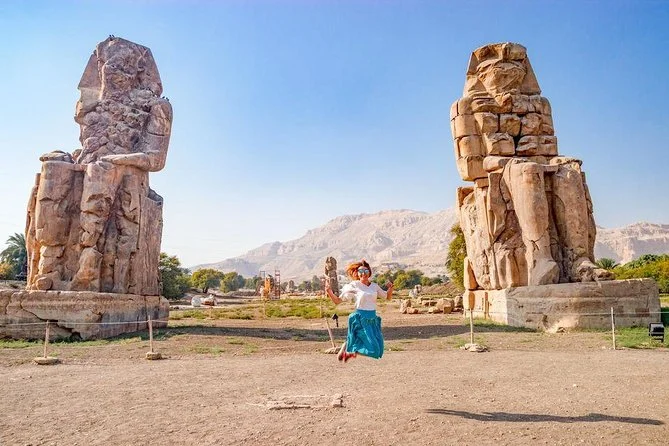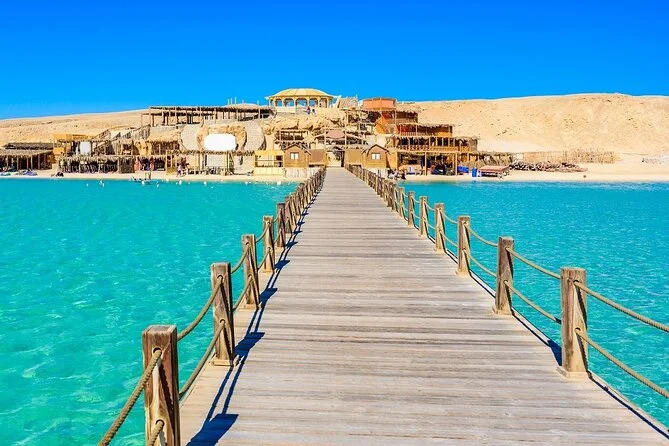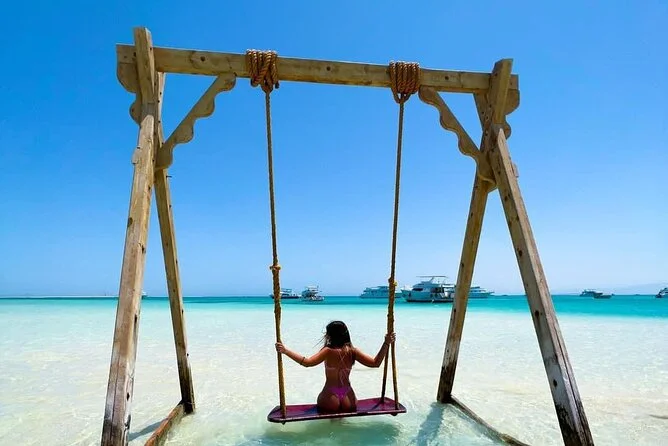Hurghada 2026: Private Charter and Small-Group Tours
Quick Summary (TL;DR): In Hurghada, private charters and small-group tours are surging in 2026 for control over timing, uncrowded reefs, and family-friendly comfort—without losing value when shared across a group.
At sunrise, Hurghada Marina stirs quietly: a skipper coils lines, a kettle rattles on a single-burner stove, and a small crew checks tanks while the breeze is still gentle. A few berths away, day boats queue for supplies. By the time the larger groups gather, a compact charter has already slipped toward the pale sandbars off Giftun, chasing that first clear snorkel before the wind turns.
Why now? In 2025–2026, traveler behavior matured toward privacy and precision. Local operators report a marked pivot from 40–60–person boats to tailored runs that time currents, avoid peak moorings, and accommodate mixed abilities in one party. Regulations are tightening, with more mooring buoys and stricter skipper licensing, and dynamic pricing means families and friend groups often find private charters competitive when costs are shared across 6–10 people. During our March 2025 visit, early departures consistently reached reefs before crowds and midday chop.
What Makes Hurghada Special in 2026
Hurghada’s advantage is proximity and variety: shallow coral shelves, sea-grass meadows frequented by turtles, and sandbar beaches all lie 30–60 minutes from the marina. Customizing a day is straightforward—start with a calm, fish-rich reef while the light is soft, then shift to a protected lagoon once the northerly breeze picks up. Full-day island hopping tours typically depart at 8 AM, but private skippers can push off at 6:45–7:15 to secure quiet moorings and glassier water. According to dive instructors, shorter swims in the morning are ideal for beginners, saving the driftier snorkels for late morning when confidence builds. Base yourself in Hurghada to keep transfer times short, or upgrade to a slightly larger vessel if your group wants shaded lounging areas between swims.
Top Things to Do in Hurghada
- Private Giftun sandbar day: Charter a boat to the Giftun Islands for a mix of shallow snorkels and beach downtime; early arrivals often enjoy quieter entries before 9:30 AM.
- Dolphin House circuit: Navigate the horseshoe reef at Dolphin House with a skipper who times the visit between group boats; focus is on respectful observation, not pursuit.
- Sunset coastal cruise: Hug the shoreline for golden-hour views, light trolling for local species, and a simple seafood grill onboard—perfect after a morning in the water.
Where to Stay in Hurghada (2026 Guide)
For couples and short stays, the Marina/Al Mamsha area keeps you close to piers and restaurants, minimizing transfer time to boats. Families often prefer Sahl Hasheesh and Makadi Bay for calmer coves and kid-friendly resorts; operators can arrange pier pickups or short shuttles. Soma Bay appeals to water-sports fans who might split days between kitesurfing and a private snorkel run. Nearby El Gouna offers a more upscale, lagoon-focused alternative with marinas well set up for smaller yachts. As of 2026, most large resorts can coordinate private-boat boarding for guests, including assistance for strollers and those with limited mobility—request 24 hours ahead.
Best Time to Visit Hurghada
March–May brings 24–30°C days and 22–24°C water—excellent visibility and manageable winds. June–August is hot (34–38°C) with 27–29°C water; plan dawn departures and shaded decks. September–November cools to 26–32°C and 25–27°C water, with lighter crowds after school holidays. December–February is mild (18–23°C; water ~22–23°C); seas can be breezier, but small-group charters still run, prioritizing leeward reefs. Peak pricing aligns with Easter, July–August, and late December; shoulder months see better availability.
Getting There and Around
Fly into Hurghada International (HRG); the Marina is roughly 10–20 minutes by car depending on traffic. Resort zones stretch along the coast: allow 20–35 minutes to Sahl Hasheesh/Makadi, 45–60 minutes to Soma Bay, and about 30–45 minutes to El Gouna. Most charters include hotel pickups or can meet you at the marina gate; bring photo ID for port security. For same-day logistics, communicate dietary needs and gear sizes the evening before, and confirm the final manifest—small boats must match the licensed capacity.
Sustainable Travel Tips
Choose licensed operators using mooring buoys rather than anchoring on coral; ask explicitly before booking. Wear mineral sunscreen (zinc or titanium) to avoid reef-harming chemicals; marine biologists caution that oxybenzone and octinoxate stress corals. Pack a refillable bottle and soft-soled water shoes, and never touch or stand on reef. Keep distance from dolphins and turtles; let the skipper set a no-chase policy. Tipping crews is customary—bring small bills to avoid plastic tip envelopes. If you’re browsing options, start with our curated island excursions and then request a private upgrade.
Frequently Asked Questions
How many days do you need in Hurghada?
Three days works well: one full-day charter for reefs and sandbars, a second flexible half-day for a favorite site or calmer conditions, and a buffer day for wind or a land excursion. Longer stays add time for dive qualifications.
Is Hurghada good for families?
Yes. Private boats adapt to nap schedules, shaded breaks, and short snorkel sets. Most operators carry kid-sized life vests; ask for ladder assistance and soft entry points. Morning seas are typically calmer, making it easier for young or first-time swimmers.
What's the best month to visit Hurghada?
April and October balance warm 26–30°C air, 24–26°C water, and manageable winds, with fewer crowds than peak summer and late December. Early departures secure quieter reefs, especially around popular moorings.
Private charters in Hurghada aren’t about exclusivity so much as intention—choosing your tide, your anchor window, your pace. As more travelers seek agency in 2026, the Red Sea rewards those who plan with purpose; for a contrasting marine reserve further south, the protected coral reefs of Ras Mohammed National Park attract divers year-round.



